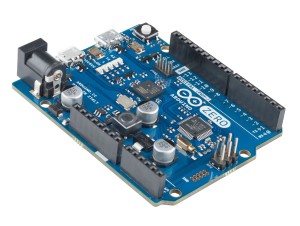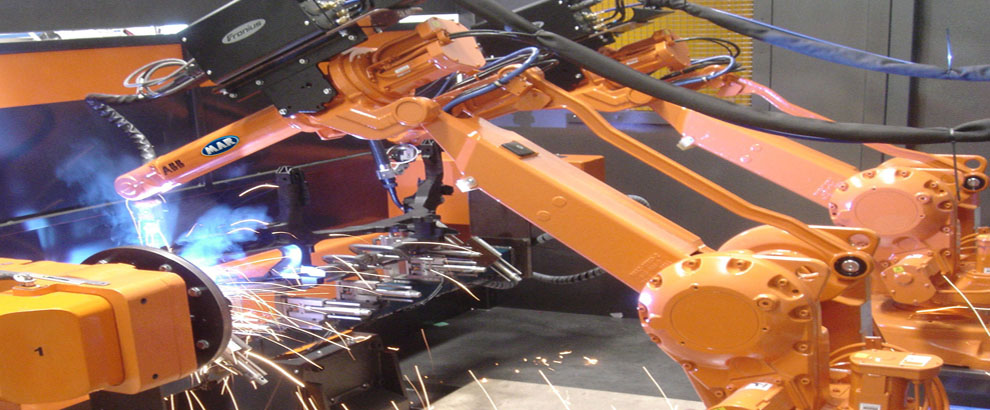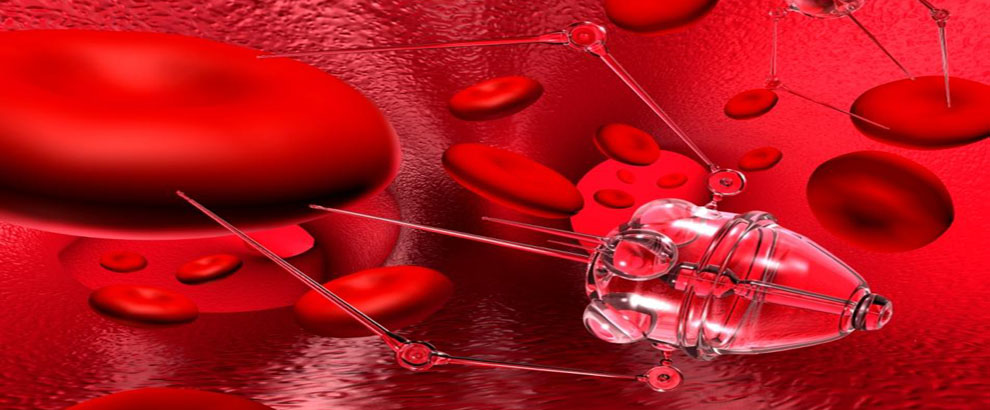Well, we all are aware of what could an Arduino Uno do for us, its immense use, its inexpensive cost, simple programming and references for programming if you are not good at it, Free ware IDE, extraordinary support for it from Arduino forums, be it whatever you name it we have a library for it. This is the manner which Arduino Uno has changed our lifestyle. Because no other prototyping can come even near to it. They are their own competitors, and they have made one more board named Arduino Zero. Well, one thing goes in our minds, what is the difference?
Let’s get to know overview of zero and then let me tabulate the differences
Arduino Zero:
It is a 32 bit expansion of Arduino Uno board, made of ATMEL’S SAMD21 MCU, which features 32-bit ARM CORTEX® M0+ CORE. With this board you will be able to do 32-bit application development, what do I mean by 32-bit application development, with this board you will be able to create endless project which you could only do with high end processor, and it also had Atmel’s Embedded Debugger(EDBG) which will give you full debug interface without the need of external hardware.
Now Let us start to tabulate the difference between these two
| S.No | Description | ARDUINO ZERO | ARDUINO UNO |
| 1 | Microcontroller | ATSAMD21G18, 48 PINS LQFP | ATMEGA 328 |
| 2 | Operating Voltage | 3.3V | 5V |
| 3 | Digital Pins | 14(with 12 PWM and UART) | 14(of which 6 provide PWM) |
| 4 | Analog I/P Pins | 6, 12 bit ADC Channels | 6 |
| 5 | Analog O/P Pins | 1 | 0 |
| 6 | DC Current per I/O pin | 7mA | 40 mA |
| 7 | Flash memory | 250 KB | 32KB(of which 0.5KB is used by bootloader) |
| 8 | SRAM | 32 KB | 2KB |
| 9 | EEPROM | Upto 16 KB by emulation | 1KB |
| 10 | Clock Speed | 48 Mhz | 16Mhz |
And even the cost of Arduino Zero is expected to be at marginal price, so guys pull up your socks be ready with ideas and explore zero to find millions.












